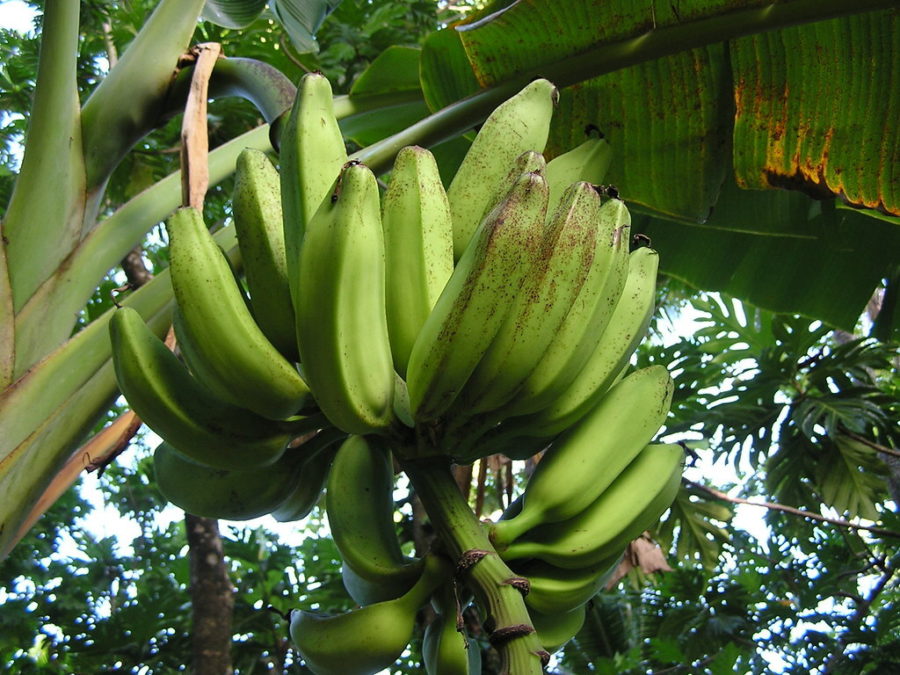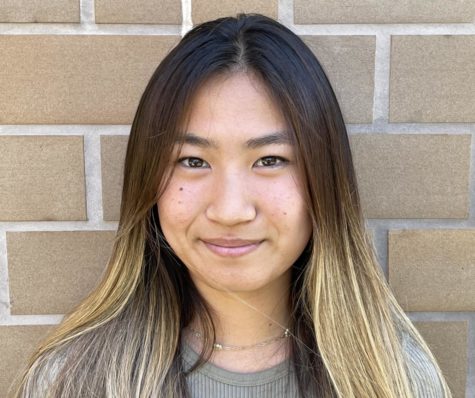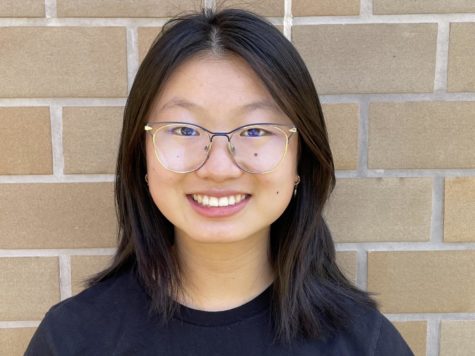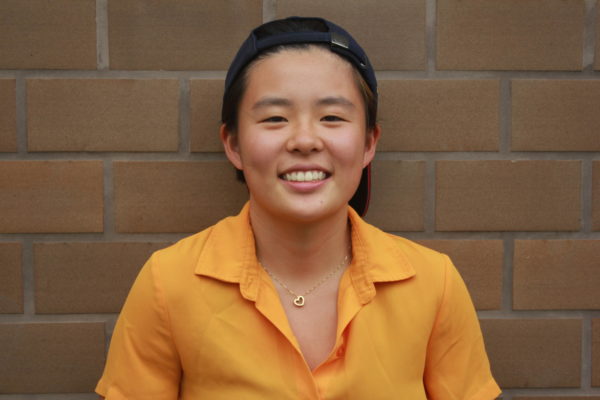DVHS seniors aim to create biodegradable tampon
Plant pests and diseases is marked with CC0 1.0.
DVHS seniors Sarvagya (Aryan) Srivastava and Arnav Soni are currently designing a biodegradable tampon using organic material from bananas.
February 1, 2023
Dougherty Valley seniors Sarvagya (Aryan) Srivastava and Arnav Soni recently launched their company EcoTamp in an attempt to further the fight for menstrual equity. Currently prototyping free, biodegradable tampons and tampon applicators, these students aim to combat period poverty on both a local and global level.
Srivastava and Soni began working in Apr. 2022 to design an environmentally sustainable tampon. The idea was born from a revelation Srivastava had at a local country club.
“I noticed tampons being dispensed at a price. And that just didn’t sit right with me, that such a bare necessity to women’s hygiene was being [sold with] a price tag. So, we set out to tackle that problem,” he said.
Currently, traditional tampons and menstrual pads are made of up to 90% plastic, according to the BBC. Though products like silicon menstrual cups and period underwear exist as plastic-free alternatives, they are far less abundant than single-use products.
Because of this, Srivastava and Soni looked to specifically reform tampons. The student-focused Global Research and Consulting Group was able to connect them to various undergraduate lab students to work on developing their product.
Srivastava, Soni and their lab partners are currently researching how to use pseudostem, a part of banana peels, to form the basis of the tampon. According to their findings, pseudostem is abundant and readily available. By “dehydrating the pseudostem, then fabricating sheets of bioplastic, and by varying the thickness and durability, [we can] fabricate a biodegradable tampon with a banana fueled by plastic,” they said.
In the past decade, companies such as Dame have also created biodegradable tampons and applicators, but EcoTamp aims to be the first company to provide them at absolutely no cost. By packaging their single-use tampons in biodegradable canvas covered in advertisements, EcoTamp will be able to produce and distribute the products for free.
“Let’s say we’re distributing our product in India. So we would target companies that also target women, primarily. So a company like Fair and Lovely, which is a lotion brand for women, would be more inclined to put their label on our product because our product is going to millions of women,” Srivastava explained. “It’s kind of like a win-win for both of us.”
Although EcoTamp is still in the prototype phase of their product, they hope to receive FDA approval and patent a tampon as soon as they can, though that could take months or even years.
Srivastava acknowledged the inherent limitations of getting his product tested in the future.
“People [feel] like we don’t have enough information on the topic [of menstrual equity] since we are males,” Srivastava stated. “Our biggest thing to counteract it is that, moving forward, we want to get a lot of women’s opinions on our product, especially when we start manufacturing it.”
In the meantime, they have turned their focus toward legislation and other forms of activism. By working with larger organizations like Period. Inc., they have delivered care packages with menstrual products (from other brands) to Yemen and Pakistan.
“We chose these countries because they have very different crises. Yemen is in a civil conflict while Pakistan is in a flood crisis. So these issues exacerbated the already existing problem of period poverty, ” Soni stated.
Furthermore, alongside a coalition with former Assembly member Cristina Garcia, Period. Inc. and other women’s rights organizations, they have helped with the implementation of California’s recently signed law AB 367, which mandates the supply of free feminine hygiene products in public schools.
Through their extensive outreach and idealistic spirit, Srivastava and Soni want EcoTamp to become “a catalyst for social change,” per their press release. They stated that if they are able to get their tampon on the shelves in the future, they’ll be readily available for all who need them.
“This is just the beginning,” Srivastava said, describing how EcoTamp has allowed them to explore multiple avenues within the field of women’s rights.









